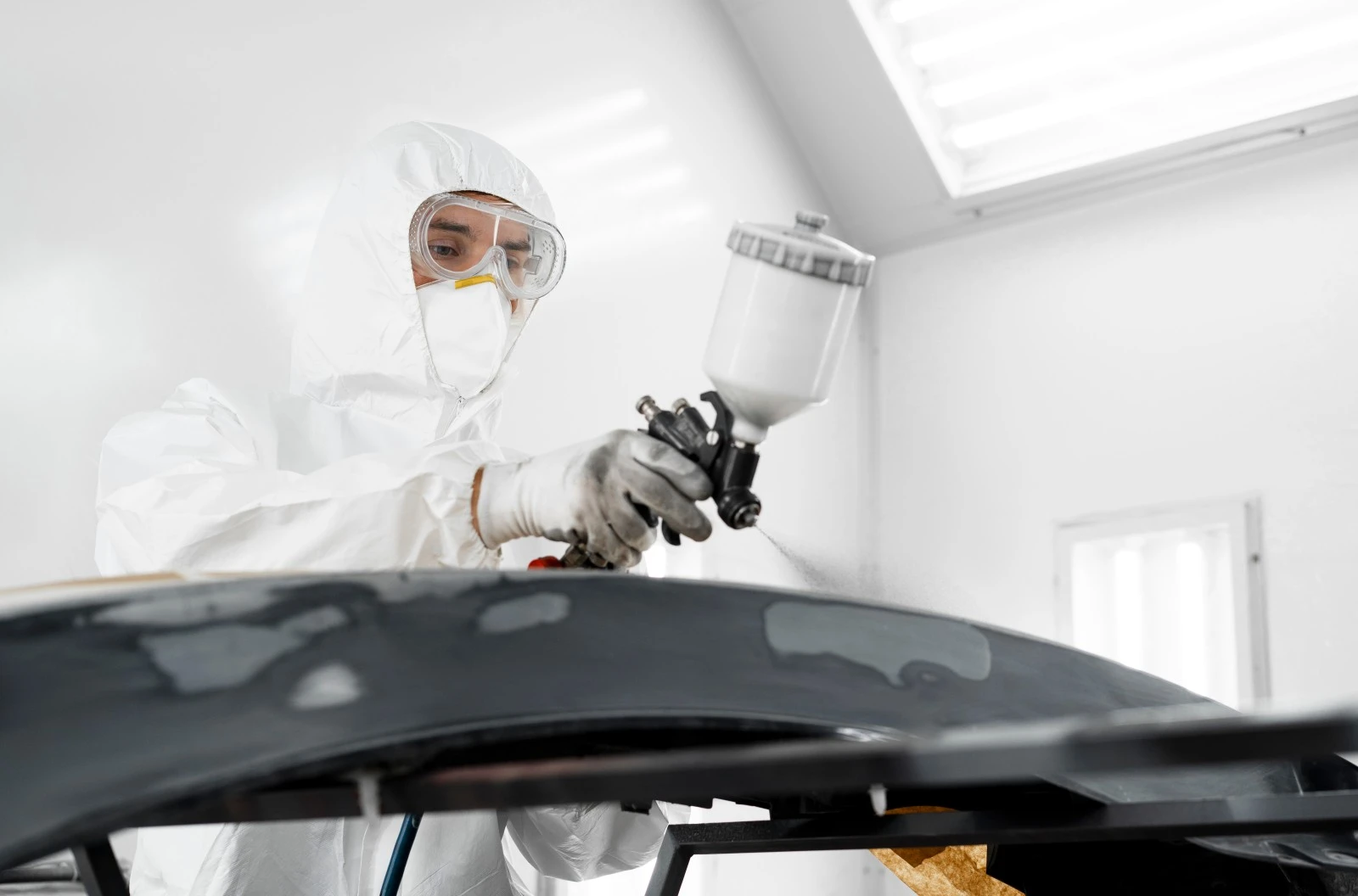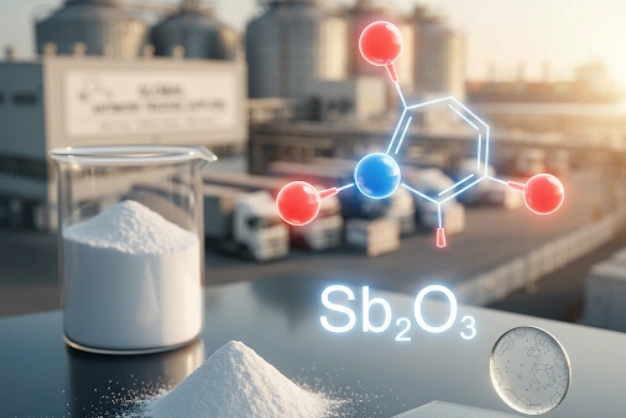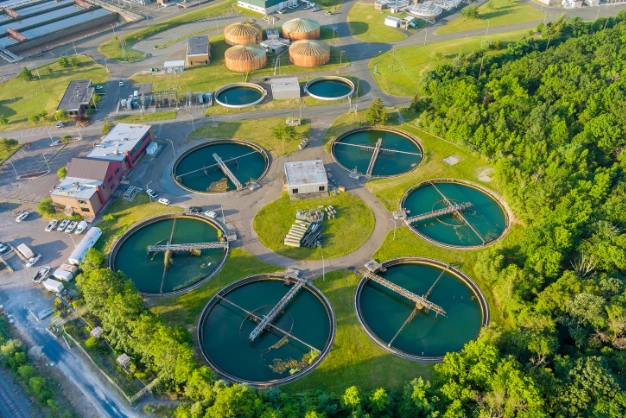Characteristics: These coatings dry quickly and form hard, durable films. They have excellent chemical resistance but may be less flexible. Their quick drying time is ideal for industrial settings where fast production cycles are required.
Characteristics: These coatings dry slowly but offer greater flexibility and durability. They have good flow and leveling properties, making them ideal for applications where a smooth finish is desired. The slow drying time allows for self-leveling and minimizes brush marks.
Uses: Ideal for exterior applications, such as house paints, marine coatings, and decorative finishes. Long oil alkyds are particularly valued in settings where the coating must withstand expansion and contraction due to temperature changes or environmental exposure.
Structural Steel: Alkyd coatings protect structural steel from corrosion, ensuring longevity and safety. The coatings provide a barrier against moisture and environmental pollutants that can cause rust and deterioration.
Architectural Coatings: Used on wood, metal, and masonry surfaces, these coatings provide durable finishes for buildings and infrastructure. They enhance the aesthetic appeal while offering protection against weathering and environmental damage.
Vehicle Coatings: Alkyds are used in automotive primers and topcoats, offering a durable, glossy finish that withstands environmental factors. They protect vehicles from UV radiation, moisture, and road salts, extending the lifespan of the paint job.
Parts and Accessories: Coatings for automotive parts and accessories help protect against wear and tear. This includes engine components, undercarriages, and exterior trims, where durability and resistance to heat and chemicals are crucial.
Boat and Ship Coatings: The flexibility and weather resistance of long oil alkyds make them ideal for protecting vessels against harsh marine environments. They prevent corrosion and damage caused by saltwater, UV exposure, and marine growth.
Pipelines and Storage Tanks: These coatings protect against corrosion and chemical exposure in pipelines and storage tanks. The robust protective layer ensures the integrity of these critical components, even in aggressive environments.
The performance of alkyd coatings is defined by several key attributes, making them suitable for a wide range of applications:
Weather Resistance: Alkyd coatings are known for their excellent weather resistance, protecting surfaces from UV radiation, moisture, and temperature fluctuations. This makes them ideal for exterior applications where exposure to the elements is a concern.
Adhesion: Alkyds exhibit strong adhesion to various substrates, including metal, wood, and masonry. This ensures that the coatings stay intact and provide long-lasting protection. Proper surface preparation and primer use can further enhance adhesion properties.
Drying Time: The drying time of alkyd coatings varies based on the oil length. Short oil alkyds dry quickly, making them suitable for industrial applications requiring fast turnaround times. Long oil alkyds, on the other hand, have slower drying times but offer better flexibility and weather resistance. Medium oil alkyds provide a balance, suitable for both industrial and residential applications.
Flexibility: Long oil alkyds offer greater flexibility compared to short and medium oil alkyds. This flexibility is crucial for applications where the coated surface may expand and contract due to temperature changes or mechanical stress. Flexible coatings are less likely to crack or peel, ensuring long-term protection.




